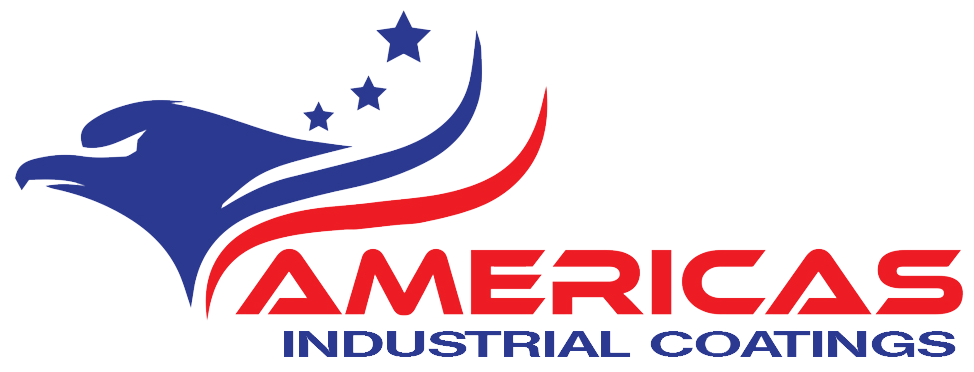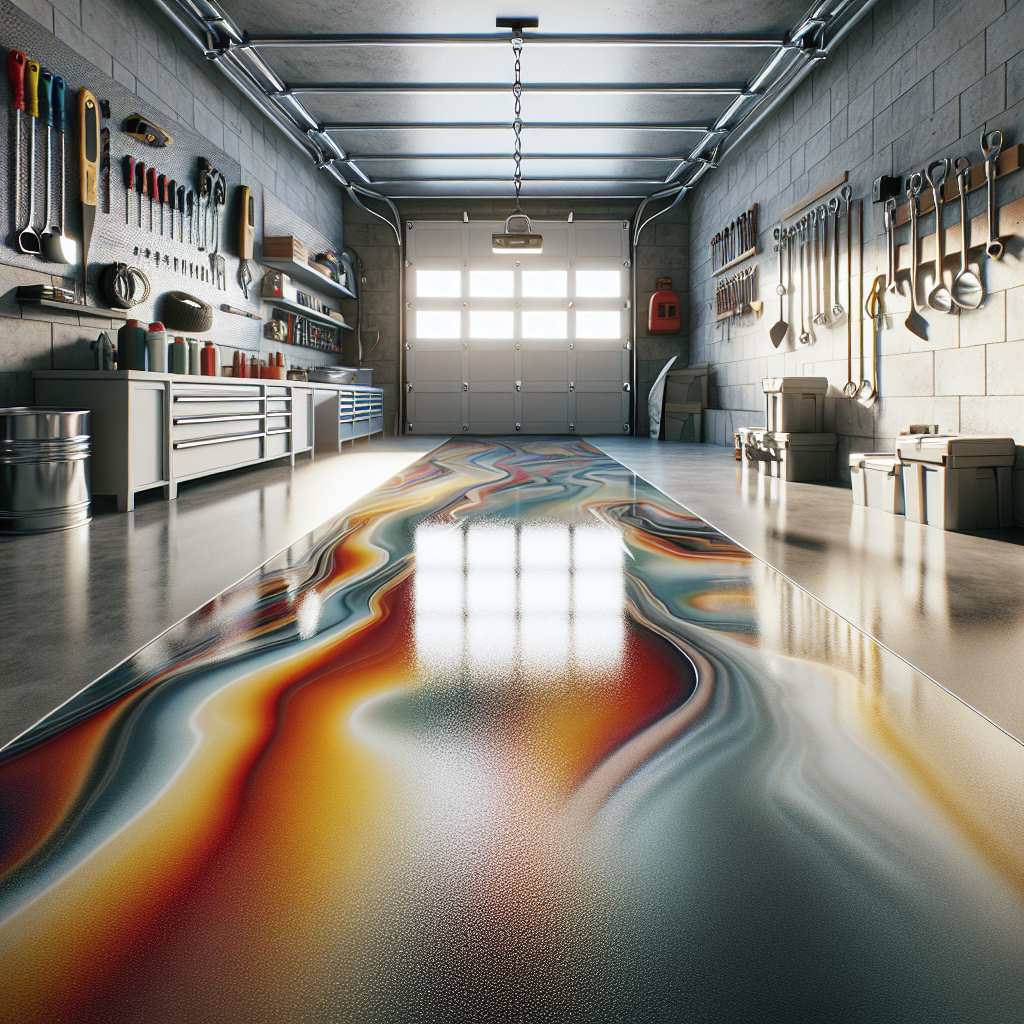When it comes to enhancing the durability and aesthetics of your garage floor, **epoxy coatings** stand out as a premier choice. Epoxy is a **polymer** made from a combination of resin and hardener, which, when applied, forms a strong, protective layer over concrete surfaces. This unique formulation not only offers a seamless finish but also provides numerous benefits that make it ideal for garage environments.
One of the primary advantages of using epoxy for garage floors is its exceptional durability. Epoxy coatings can withstand heavy traffic, resist chipping and cracking, and are impervious to chemicals, oil, and stains. This makes them particularly well-suited for garages where spills and wear can occur frequently.
In addition to strength, epoxy floors also enhance the visual appeal of your garage. Available in various colors and finishes, epoxy can transform a dull concrete floor into a vibrant and inviting space. The glossy finish not only looks great but also reflects light, improving overall visibility in the garage.
Moreover, epoxy flooring is known for its ease of maintenance. The non-porous surface makes cleaning simple, as dirt and grime can be easily wiped away, and it typically requires only occasional mopping to keep it looking fresh.
If you are considering upgrading your garage floor, look no further! Call Us Today for a Free Quote and discover how epoxy flooring can transform your space.
Types of Epoxy Suitable for Garage Floors
When selecting the best epoxy for garage floors, it’s essential to understand the different types available, each designed to meet specific needs and preferences. Here are the most common types of epoxy suitable for garage floors:
- Water-Based Epoxy: This type is known for its low odor and easy application. Water-based epoxy is environmentally friendly and dries quickly, making it ideal for DIY projects. However, it may not be as durable as some of the other options.
- Solvent-Based Epoxy: Solvent-based epoxy offers a stronger bond and is more resistant to chemicals and stains. It’s a great choice for garages that experience heavy use, but it has a higher VOC (volatile organic compound) content, which means it can have a stronger odor during application.
- 100% Solid Epoxy: This epoxy is known for its superior durability and resistance to wear and tear. Composed entirely of solid materials, it cures to form a thick, tough layer. While it requires professional installation due to its complex application process, the results are worth the investment.
- Epoxy Paint: While not a pure epoxy coating, epoxy paint combines epoxy resins with paint, providing a decorative finish. It’s less durable than solid epoxy but can still enhance the appearance of your garage floor while offering some level of protection.
Understanding these types can help you make an informed decision and choose the right epoxy that suits your specific garage needs.
Factors to Consider When Choosing Epoxy

Choosing the right epoxy for your garage floor involves several important factors that can affect both the performance and longevity of the flooring. Here are some key considerations:
- Durability: Assess how much traffic your garage receives. If it’s used frequently for parking vehicles or heavy equipment, opt for a more durable epoxy type, such as 100% solid epoxy, which can withstand heavy loads and resist wear over time.
- Climate: Consider the climate in your area. For garages located in humid environments, a moisture-resistant epoxy can help prevent peeling and bubbling. On the other hand, in colder climates, ensure that the epoxy can withstand lower temperatures without cracking.
- Application Process: Different types of epoxy require varying levels of expertise for installation. If you’re planning a DIY project, you might prefer a water-based epoxy, which is easier to apply, whereas solvent-based or solid epoxies may necessitate professional assistance.
- Maintenance: Some epoxy types may require more maintenance than others. Understanding how easy it is to clean and maintain the epoxy can help you choose a product that fits your lifestyle.
- Color and Finish: Aesthetic preferences play a crucial role in your decision. Epoxy comes in a variety of colors and finishes, from glossy to matte. Choose a color that complements your home while providing the desired look for your garage.
Taking these factors into account will ensure that you select the most suitable epoxy for your garage floor, leading to a beautiful and long-lasting finish.
Top Recommendations for Garage Floor Epoxy
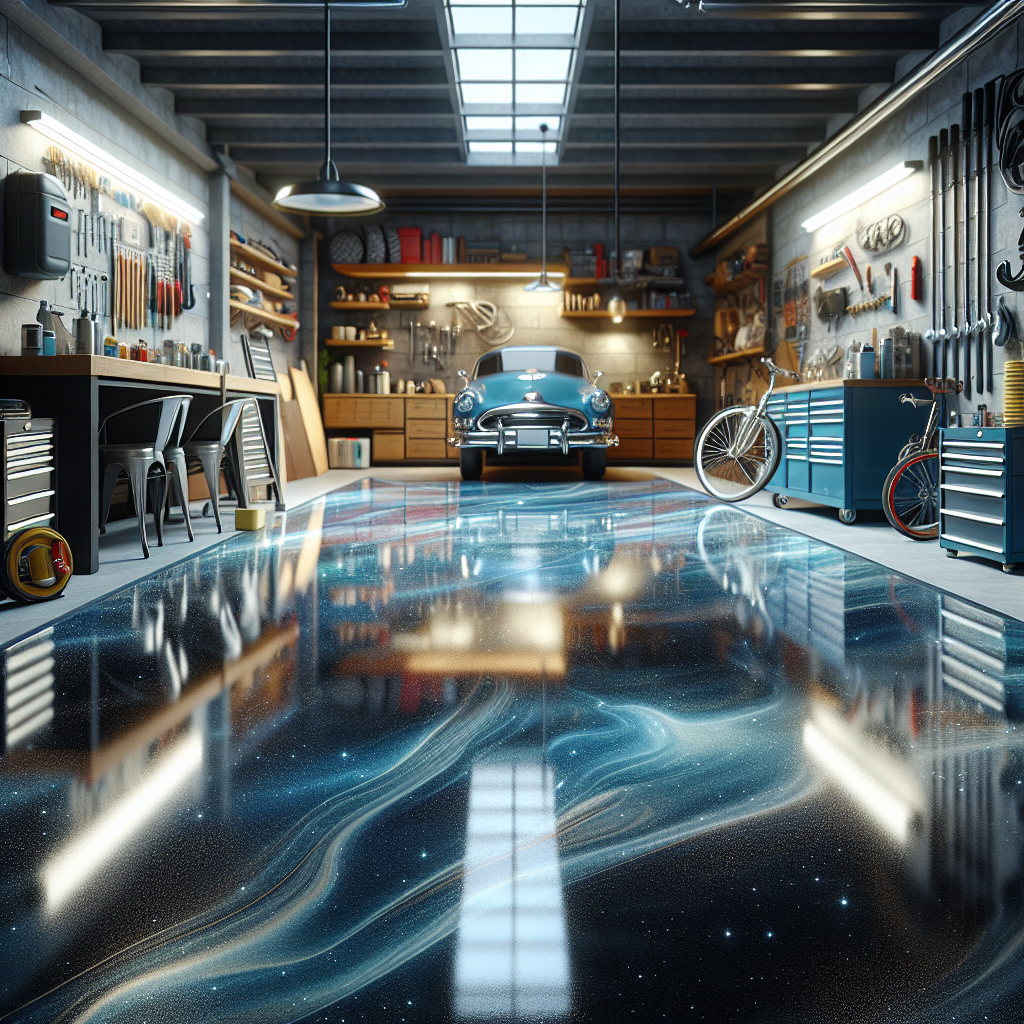
When it comes to selecting the best epoxy for garage floors, several products stand out due to their performance, durability, and overall value. Here are some top recommendations:
- Rust-Oleum EpoxyShield: This highly regarded product offers excellent durability and is resistant to stains, chemicals, and water. With a two-part system that provides a tough, glossy finish, it’s perfect for high-traffic areas.
- Epoxy-Coat: Known for its thick and durable coating, Epoxy-Coat is ideal for homeowners looking for a long-lasting solution. It comes in a range of colors and includes anti-skid additives, making it a safe choice for garages.
- KILZ 1-Part Epoxy: If you’re seeking a user-friendly option, this one-part epoxy is easy to apply and dries quickly. It offers good protection against chemicals and is perfect for DIY enthusiasts.
- ArmorPoxy: This commercial-grade epoxy is designed for heavy-duty use. It’s suitable for garages with significant foot and vehicle traffic, providing a tough finish that can withstand the rigors of daily use.
- BASF MasterTop: For those looking for a professional-grade solution, BASF offers a versatile epoxy that provides excellent adhesion and durability. This product is ideal for both residential and commercial applications.
Each of these epoxy options has unique advantages, making them suitable for various needs and preferences. Selecting the right one will not only enhance the appearance of your garage but also ensure a long-lasting and protective surface.
Installation Tips for a Successful Epoxy Floor
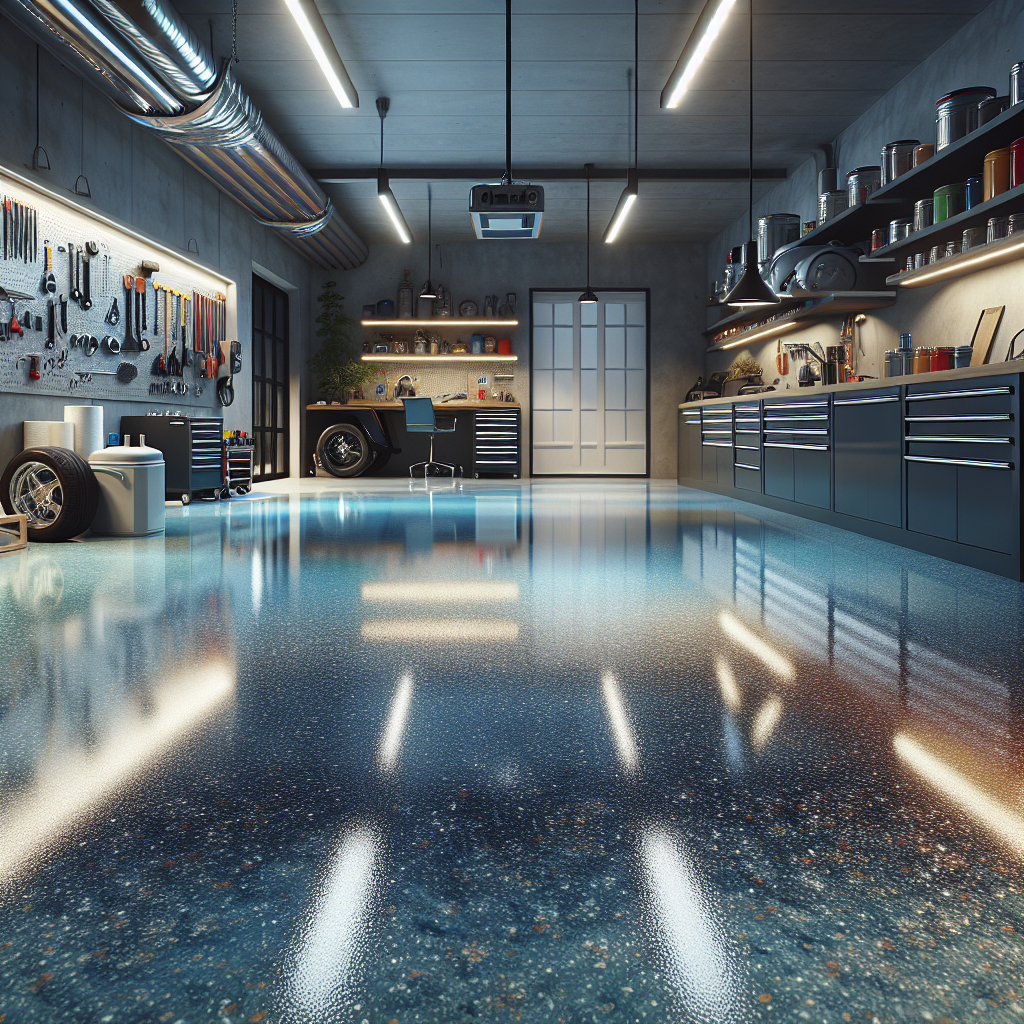
Successfully installing an epoxy floor requires careful preparation and attention to detail. Here are some essential installation tips to ensure a flawless finish:
- Prepare the Surface: Begin by thoroughly cleaning the garage floor. Remove any dirt, oil, or grease using a degreaser. It’s crucial to fill in any cracks or holes, ensuring a smooth surface for the epoxy to adhere to.
- Test for Moisture: Before applying epoxy, conduct a moisture test to ensure the concrete is dry. Excess moisture can lead to adhesion problems. Use a moisture meter or tape a plastic sheet to the floor for 24 hours; if condensation forms, wait until the surface is dry.
- Choose the Right Temperature: Epoxy should be applied in optimal temperature conditions, ideally between 60°F and 90°F. Avoid installing during extreme temperatures or high humidity, as these factors can affect curing.
- Mix Properly: Follow the manufacturer’s instructions for mixing the epoxy components. Ensure that the mixture is uniform and free of lumps. Use a mixing paddle attached to a drill for the best results.
- Apply Evenly: Use a roller or squeegee to apply the epoxy evenly across the floor. Work in small sections to maintain a wet edge and avoid overlaps. For a professional look, consider applying a second coat after the first has cured.
- Allow Adequate Curing Time: After application, allow the epoxy to cure fully before using the space. This may take anywhere from 24 hours to several days, depending on the product used and environmental conditions.
By following these tips, you can achieve a beautiful and durable epoxy floor that enhances the functionality and aesthetics of your garage.
Maintenance and Care for Epoxy Garage Floors
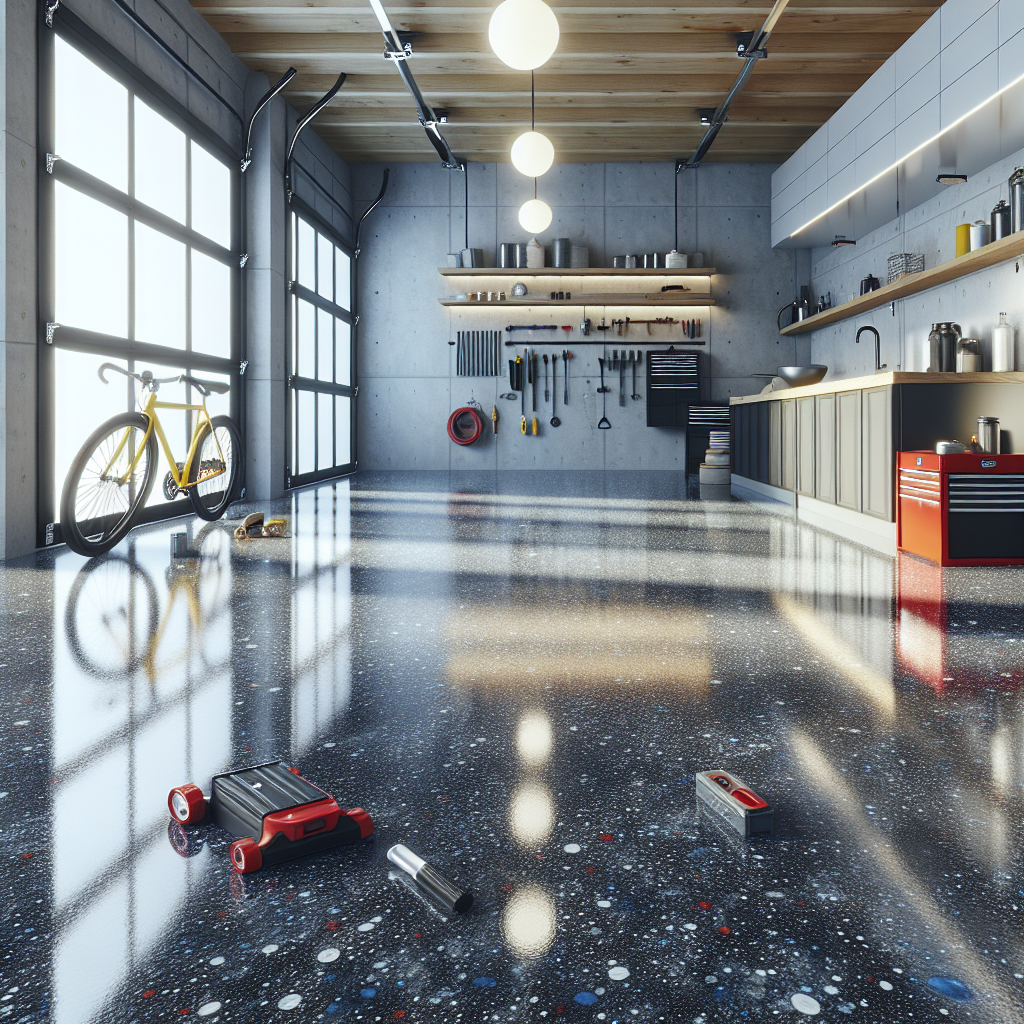
Maintaining your epoxy garage floor is essential for ensuring its longevity and appearance. With the right care, your floor can remain in excellent condition for years to come. Here are some key tips for maintenance and care:
- Regular Cleaning: Sweep or vacuum the floor regularly to remove dirt and debris. For deeper cleaning, use a mild detergent mixed with warm water. Avoid harsh chemicals that could damage the epoxy surface.
- Address Stains Promptly: If spills occur, such as oil or chemicals, clean them immediately with a soft cloth or paper towel. For tougher stains, a mixture of vinegar and water can be effective. Always rinse the area afterward to prevent residue buildup.
- Avoid Heavy Impacts: While epoxy floors are durable, they can be susceptible to damage from heavy objects. Use protective pads under furniture or equipment to minimize the risk of scratches or dents.
- Reapply a Topcoat: Depending on usage, consider applying a new topcoat every few years to maintain shine and protect the underlying epoxy. This can help prevent wear and tear from daily activities.
- Inspect for Damage: Regularly check for any signs of wear, such as chips or peeling. Catching these issues early can save you from more extensive repairs later.
By implementing these maintenance practices, you can keep your epoxy garage floor looking great while extending its lifespan. For expert advice and professional epoxy floor installation, Call Us Today for a Free Quote!
